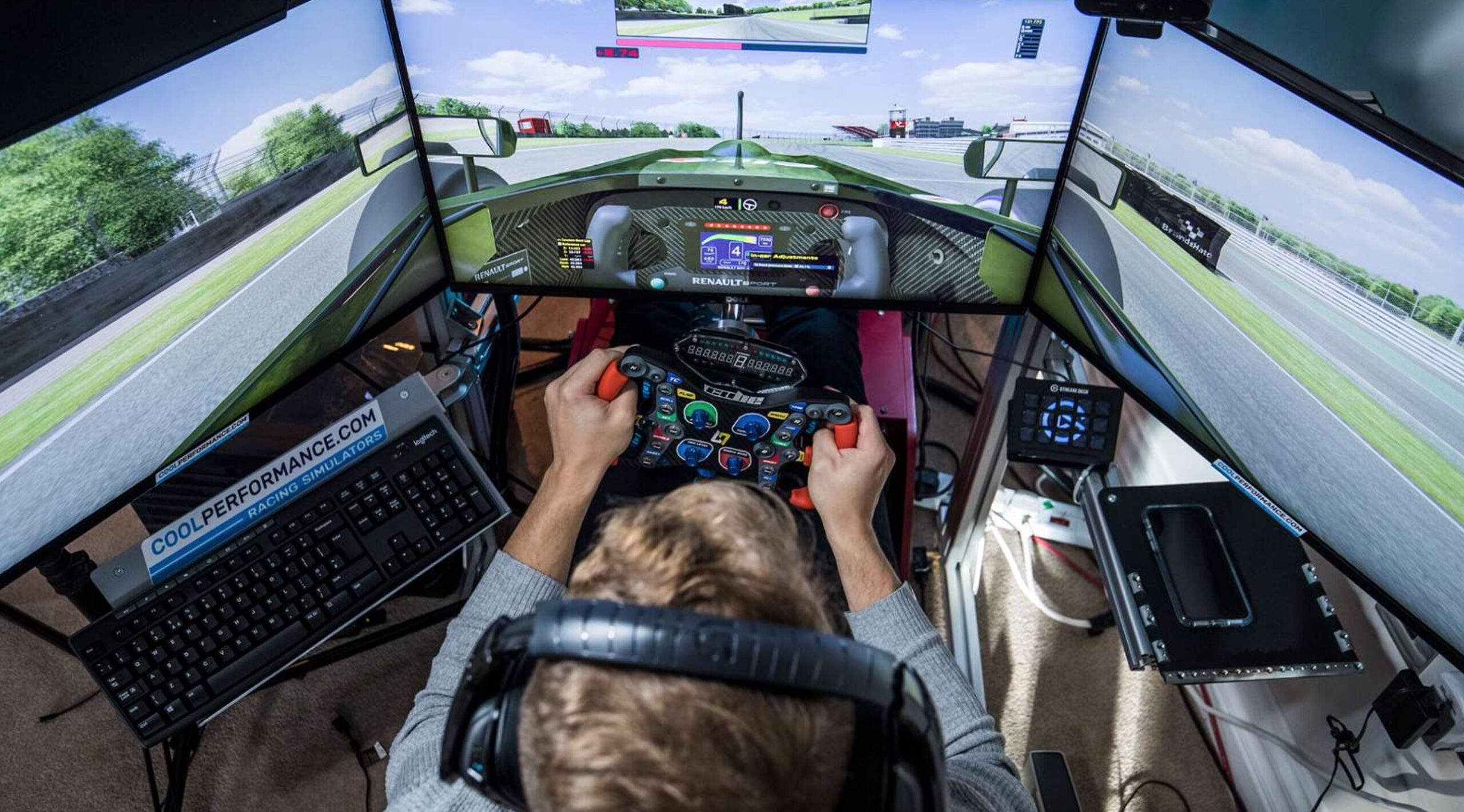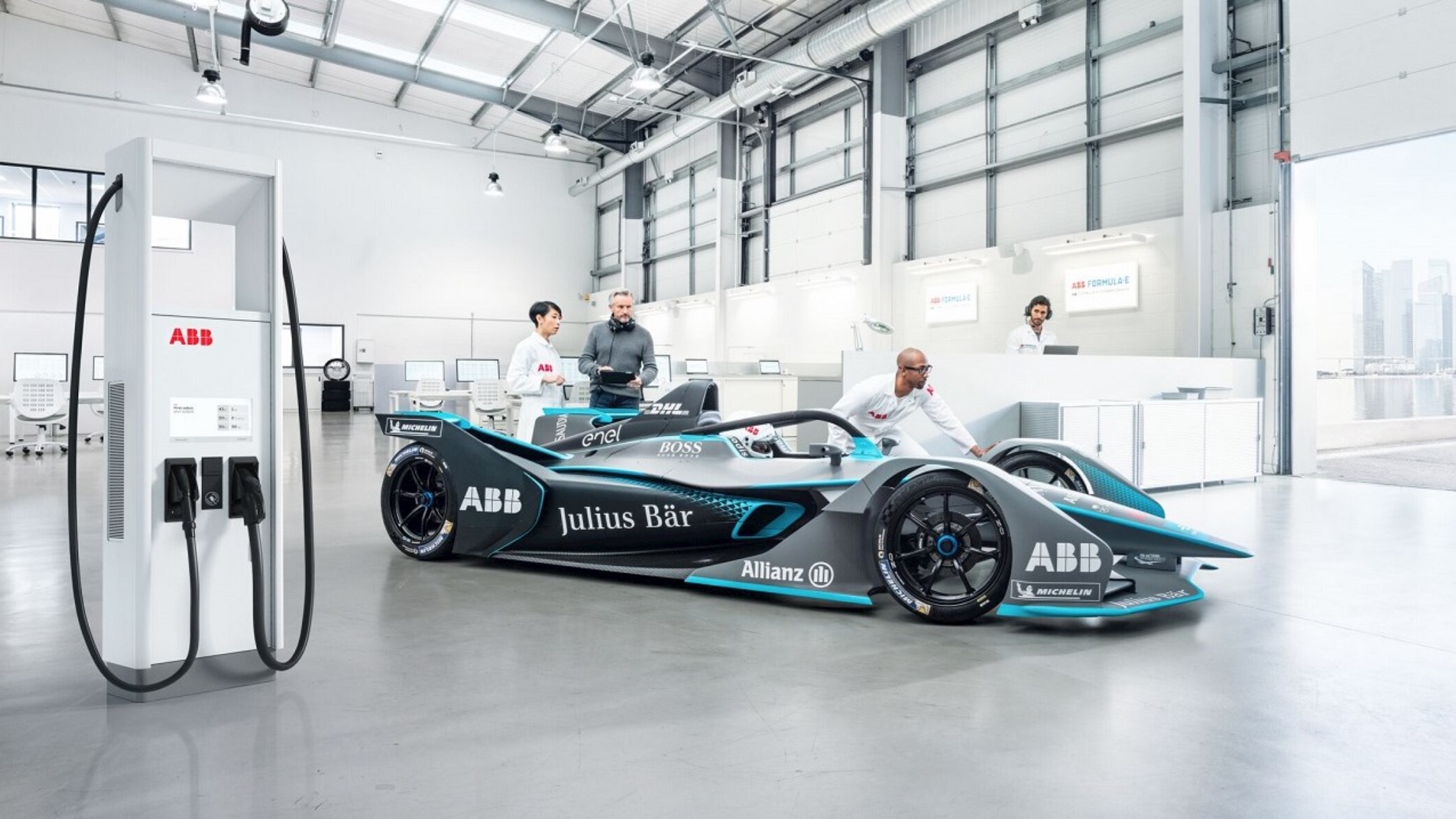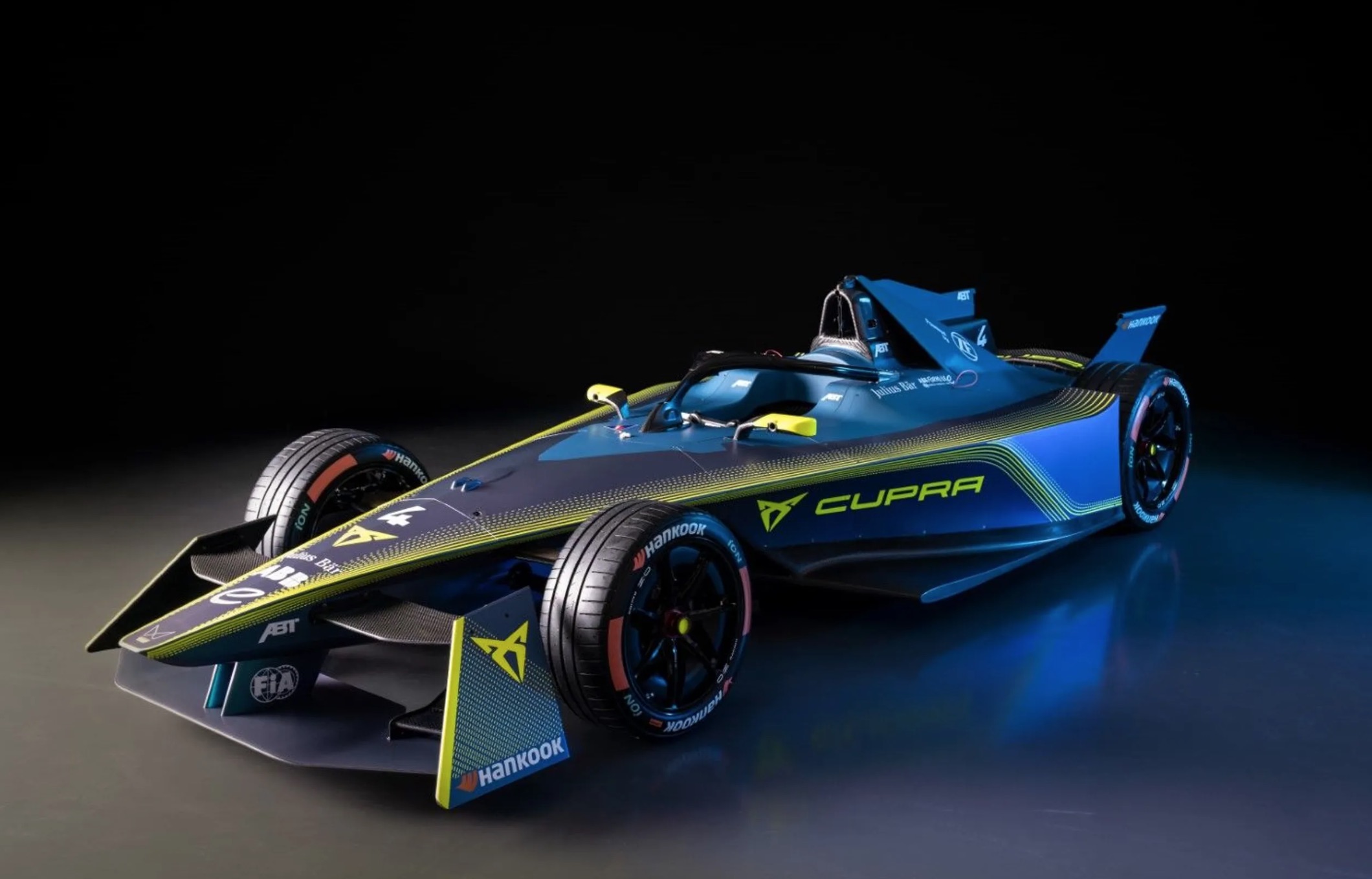Sim racing, or simulated racing, is a form of motorsports in which players compete in virtual races using simulated vehicles and tracks. While sim racing has been popular among gamers for many years, it has become increasingly popular among professional drivers and motorsports teams as a tool for training and practice.
Does sim racing improve driving skills? There is some evidence to suggest that sim racing can improve driving skills. For example, sim racing allows drivers to practice and hone their skills in a controlled, safe environment. This can help drivers to improve their reaction times, car control, and overall racecraft. Additionally, sim racing can provide drivers with valuable experience in different conditions and scenarios, such as night racing, wet weather, and different types of tracks, which can be difficult or impossible to replicate in real-life testing.
Sim racing also allows drivers to experiment with different car setups and strategies, which can help them to learn more about the performance of their vehicles and how to optimize them for different tracks and conditions. Additionally, sim racing can help drivers to develop better racecraft, such as learning how to pass, defend, and manage tire wear.
However, it is important to note that sim racing is not a perfect substitute for real-life driving. Real-world driving conditions are much more complex and unpredictable than those in a simulation, and sim racing can’t replicate the physical sensations of driving a real car. Additionally, sim racing can’t provide drivers with the same level of exposure to the wide variety of conditions, surfaces and tracks they would encounter in real-world racing.
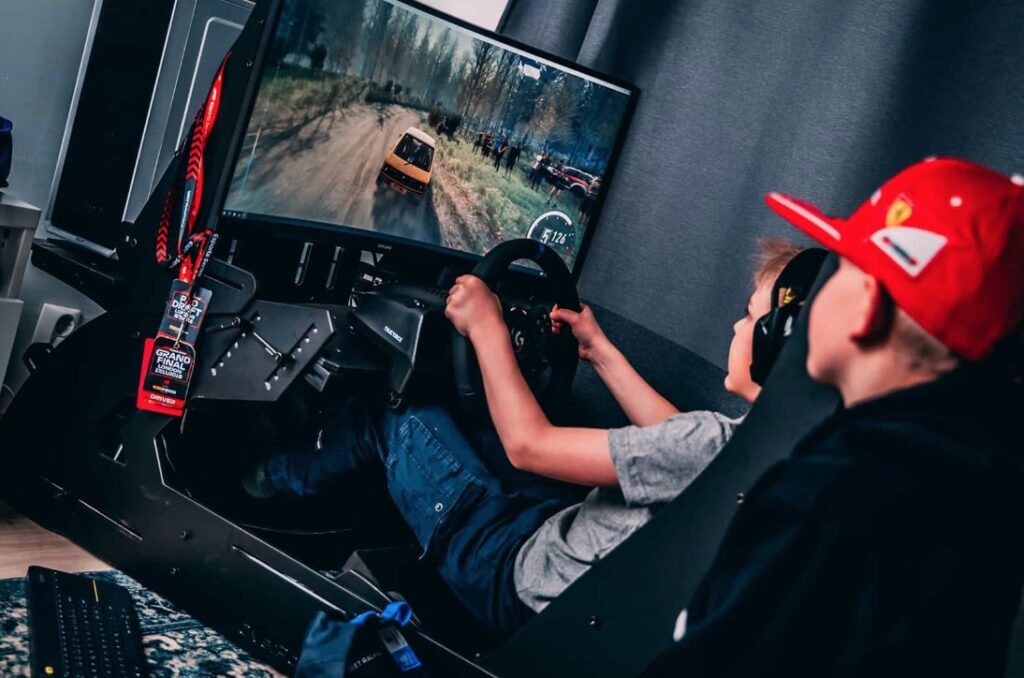
5 Examples of How Sim Racing Can Improve Driving Skills:
- Consistency: Sim racing allows drivers to practice the same maneuvers and techniques over and over again, which can help them to develop a higher level of consistency and precision in their driving. This can be particularly beneficial for drivers who are trying to master a new track or a specific type of car.
- Mental preparation: Simulator training can help drivers to improve their mental preparation and focus, which is essential for success in motorsports. By simulating the pressure and intensity of a real race, sim racing can help drivers to develop the mental and emotional resilience they need to perform at their best.
- Data analysis: Many driving simulation platforms provide drivers with detailed telemetry data that can be used to analyze and improve their driving. This can include information on lap times, braking points, throttle inputs, and other key performance metrics. By studying this data, drivers can identify areas where they need to improve and make adjustments to their driving style accordingly.
- Racecraft: As mentioned earlier, racing simulators can help drivers to develop better racecraft and strategies. By simulating the competitive environment of a real race, simulator training can help drivers to practice things like overtaking, defending, and managing tire wear. This can be especially beneficial for drivers who are new to motorsports and may not have as much experience in real-world competition.
- Virtual testing: In motorsports, testing is an essential part of car and driver preparation, it can be very expensive, and time-consuming. Sim racing can provide an alternative, more cost-effective way for teams and drivers to test their cars and setups in a virtual race track, which can save them time and money when it comes to real-world testing.
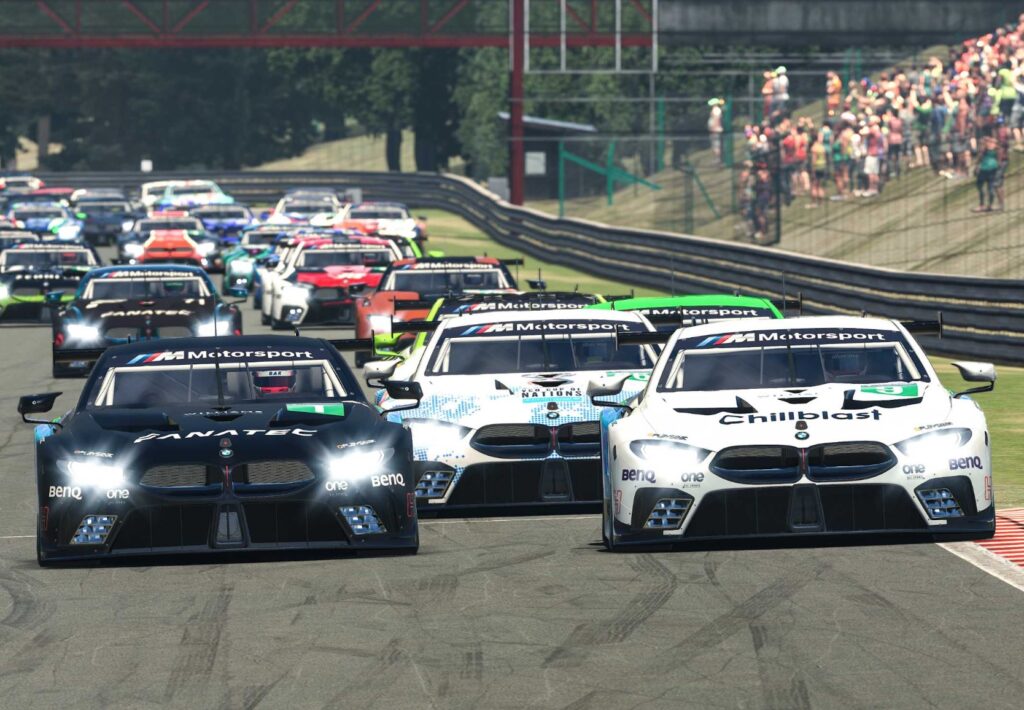
It’s also worth noting that many professional race teams and drivers use sim racing as a training tool, which is a testament to the potential benefits it can provide. However, it should not be considered a replacement for real-world driving, and drivers should still spend plenty of time honing their skills on the track.

